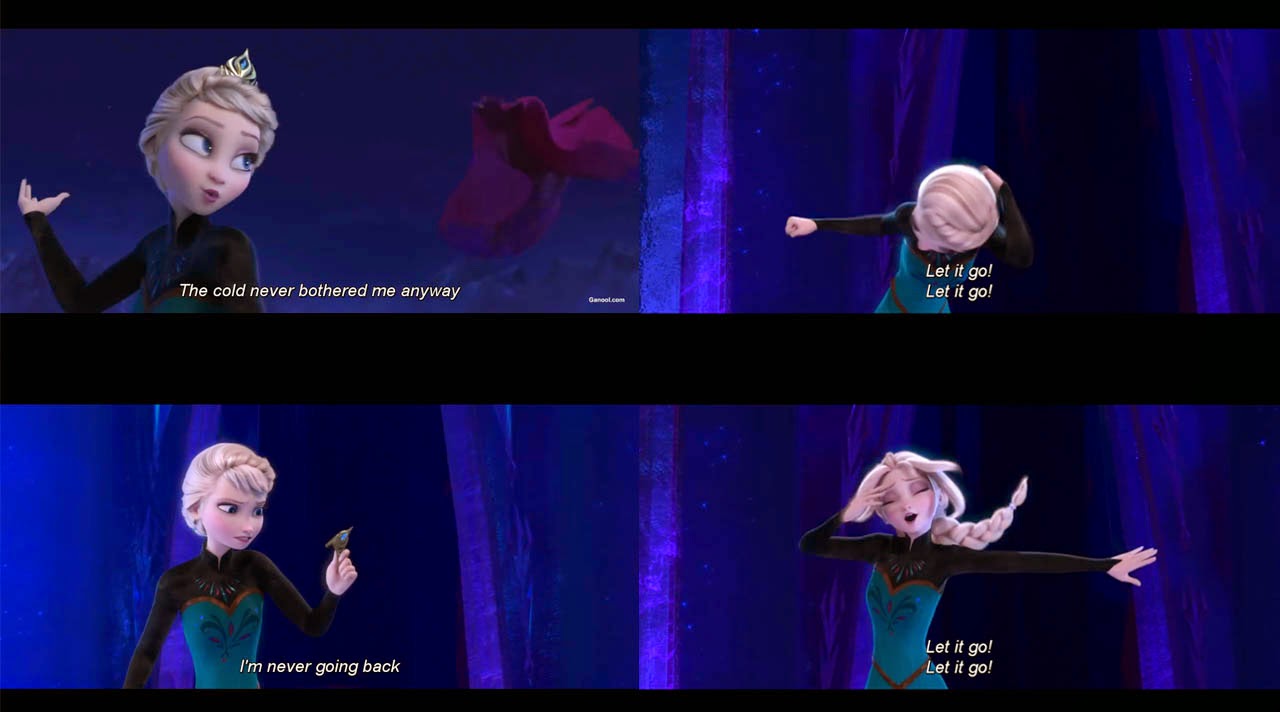One Way of Love by Robert Browning
Another poem analysis for today. Yeay. So, here it is, One Way of Love by Robert Browning poem analysis. I hope you enjoy your time and a cup of coffee reading the two-earlier poem analysis; My Star and Life in a Love. This poem is so touchy. Check it out!
The poem:
ALL June I bound the rose in sheaves.
Now, rose by rose, I strip the leaves
And strow them where Pauline may pass.
She will not turn aside? Alas!
Let them lie. Suppose they die?
The chance was they might take her eye.
How many a month I strove to suit
These stubborn fingers to the lute!
To-day I venture all I know.
She will not hear my music? So!
Break the string; fold music’s wing:
Suppose Pauline had bade me sing!
My whole life long I learn’d to love.
This hour my utmost art I prove
And speak my passion—heaven or hell?
She will not give me heaven? ’T is well!
Lose who may—I still can say,
Those who win heaven, bless’d are they!
Summary:
This poem tells us about a battle of a suitor of love, to get his love, Pauline. All June he was struggling himself in pursuing Pauline's heart. The war started from giving her a bush of rose, but alas! she didn't even turn her look! And he tried other ways to get her heart. This poem simply touches my heart. After everything he has given to her, but it doesn't get him anywhere close to her heart, simply sad. Just so relatable to young guys out there, I guess.
Intrinsic
Elements:
1. Speaker
and tone: confidence, fighting, battle, expectation. There are shift tones in
here. It can be seen from the changing moods per-stanza. The mood is dragged to
the hopelessness.
2. Diction: This poem
uses some words which come from natural description area, based on the author’s
experience. It also uses some figurative languages, symbols and imageries.
3. Structure:
Closed
structure; fixed lines; three six-line stanzas.
4. Syntax: This poem
was made in simple sentence kind of style and using simple present and past
tense.
5. Rhyme: Each
stanza has similar rhyme scheme; AABBCC, DDEEFF, GGHHII. A fixed form of three
six-line verses summed up by an orphan couplet. All lines are in alexandrines (in
English are iambic hexameter).
6. Figurative
language: Hyperbole
7. Symbol: Rose,
Lute, heaven, hell
8. Imagery: Kinesthetic
imagery almost in each stanza
9. Theme: Struggle
of a lover to get his love, Pauline.
Extrinsic
Elements:
1. Author’s
state of mind and emotion when working on this poem: Browning
always thought that life is an adventure. One must seek his worth, goal, and
last destination. It can be seen through this poem. He has looked at love in a
way which is different as well as pleasing. For him, love is an expression of
the human soul, and as such it can be employed as guiding principle for the
conduct of human life. Love is the outcome of joy, and as such it needs neither
reward nor appreciation.


